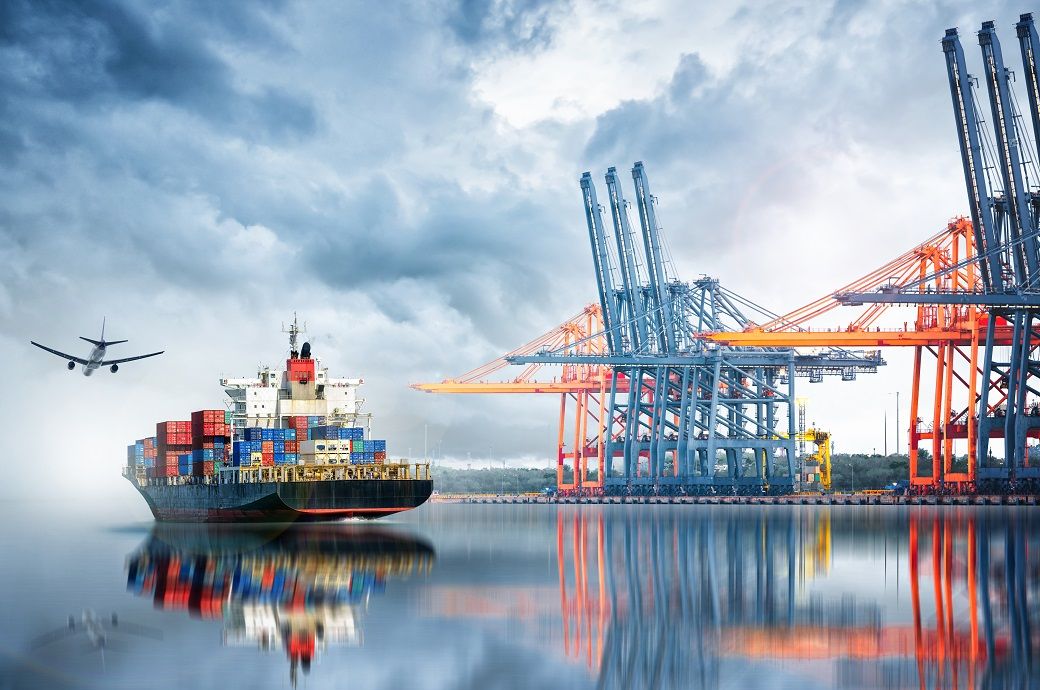

As per the regulations of RCEP, the huge trade agreement will be enforceable 60 days after the ratification deposit. This implies that on June 2, the Philippines will be subject to the agreement. China, which is the country’s primary trading ally, main import source, and third-largest export market, will grant the Philippines advantageous tariff privileges for their trade of goods under the RCEP laws, according to local media reports.
Products that will benefit from the reduced tariffs include textile and clothing products. China’s commerce ministry stated that tariffs on these products will decrease gradually to zero from their present tariff rate, which ranges from 3 per cent to 30 per cent, following a transition period.
In addition to the service and investment sectors, the RCEP agreement encompasses ocean shipping and air transport services, with the Philippines pledging to liberalise over 100 service sectors and considerably increase access to them.
Fibre2Fashion News Desk (NB)